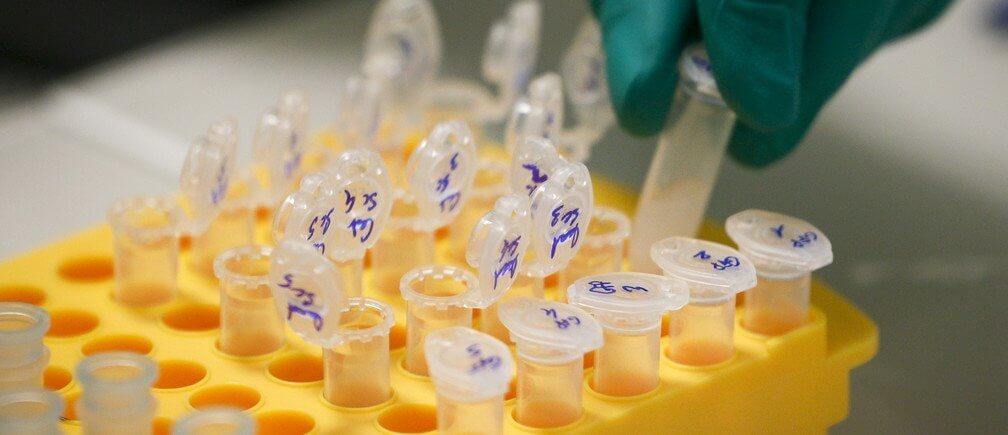Microsoft has agreed to purchase 10 million DNA oligonucleotides from a scientific research facility known as Twist Bioscience. The Redmond-based company is interested in testing the viability of DNA as a long-term storage medium.
Storage technology simply hasn't been able to keep pace with our increasingly digital lives. As Twist Bioscience points out, the quantity of digital data is doubling approximately every two years but our ability to store said data is not keeping pace.
DNA, Microsoft suspects, could be the answer to this growing concern.
Doug Carmean, a Microsoft partner architect within the company's Technology and Research organization said the initial test phase with Twist demonstrated they could encode and recover 100 percent of the digital data from synthetic DNA.
Carmean added that they're still years away from a commercially- viable product but said early tests with Twist demonstrate that in the future, they'll be able to substantially increase the density and durability of data storage.
Twist Bioscience says a single gram of DNA can store nearly one trillion gigabytes (sometimes referred to as a zettabyte) of digital data. Twist Bioscience CEO Emily M. Leproust, said DNA has a known shelf life of several thousand years.
A study from the Institute for Chemical and Bioengineering at ETH Zurich in February 2015 demonstrated that digital information could be kept for up to two million years if stored at -0.4°F.
